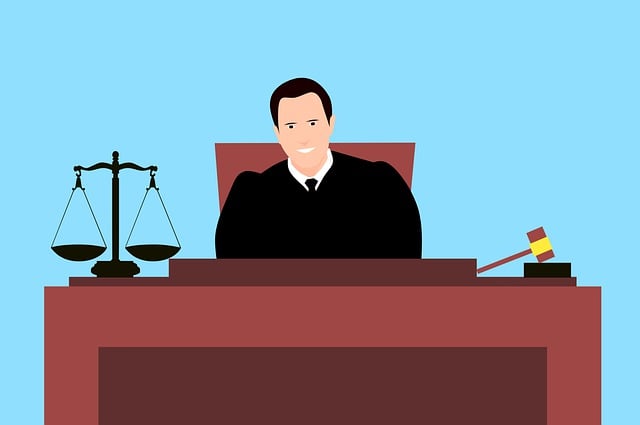C-Level investigations present unique legal challenges, with the burden of proof heavily influencing outcomes. Unlike criminal cases, where prosecutors must prove guilt beyond a reasonable doubt, accusations against executives require compelling evidence. Understanding this dynamic is crucial for fair verdicts in internal or regulatory probes, demanding meticulous documentation and data analysis. Strategically navigating these complexities, from initial suspicion to trial, protects clients' rights and organizational integrity by ensuring thorough fact-gathering and legal enforcement.
In the corporate world, C-level investigations are high-stakes affairs. This article delves into the intricate complexities of these inquiries, focusing on a pivotal aspect: the burden of proof. We explore how this legal concept influences verdicts in top-level cases. From understanding the unique challenges of C-level investigations to analyzing strategic considerations and their implications, this guide offers valuable insights on navigating these delicate matters. Uncover the impact of burden of proof on final judgments and gain crucial knowledge for effective decision-making.
- Understanding C-Level Investigations: Uncovering the Complexities
- The Role of Burden of Proof in High-Level Inquiries
- Strategic Considerations: Navigating Verdict Implications
Understanding C-Level Investigations: Uncovering the Complexities
C-Level Investigations delve into complex matters, often involving high-stakes decisions that impact corporate strategies and individual careers. At this level, investigations are not merely about uncovering factual truths but navigating intricate legal landscapes to ensure justice while mitigating potential liabilities. The burden of proof plays a pivotal role in shaping verdicts, demanding a rigorous standard of evidence to support accusations, especially in the context of white-collar defense.
Understanding the dynamics of all stages of the investigative and enforcement process is crucial for both corporate and individual clients. Each phase—from initial suspicion to trial—requires meticulous handling. Accurate documentation, secure data preservation, and strategic legal counsel are essential to protect rights and maintain organizational integrity. The complexities amplify when high-ranking executives are involved, demanding a nuanced approach that balances the need for transparency with the protection of due process rights.
The Role of Burden of Proof in High-Level Inquiries
In high-level inquiries involving C-suite executives or prominent figures, the concept of burden of proof plays a pivotal role in shaping outcomes. Unlike everyday legal proceedings where prosecutors bear the burden to prove guilt beyond a reasonable doubt, investigations at the C-level often operate under a different standard. Here, the onus is on those making the accusations to provide compelling evidence to support their claims, especially when dealing with complex financial matters or strategic decisions within respective business.
Understanding this dynamic is crucial as it influences how verdicts are reached during internal investigations or regulatory probes. The philanthropic and political communities, along with enforcement agencies, must navigate these inquiries with care, ensuring that the process remains fair and transparent. This involves meticulous documentation, thorough analysis of data, and expert testimony to meet the required burden of proof at each stage of the investigative and enforcement process. Ultimately, this approach helps maintain integrity in decision-making processes, fostering accountability while mitigating potential biases.
Strategic Considerations: Navigating Verdict Implications
When launching C-Level investigations, understanding strategic considerations is paramount. One such critical aspect is recognizing how the burden of proof influences the outcome, or verdicts. The burden of proof rests on the shoulders of the accuser, demanding they present compelling evidence to substantiate their claims. This principle plays a pivotal role in shaping the investigative process and final determinations.
A robust strategy involves guiding clients through all stages—from fact-gathering to legal enforcement—ensuring every step is meticulously documented. With an unprecedented track record of success, our approach navigates potential pitfalls by applying a nuanced understanding of how burden of proof affects verdicts, ultimately safeguarding the interests of both clients and ensuring justice is served.
C-level investigations present unique challenges due to their complexity and high stakes. Understanding the burden of proof is pivotal in shaping the outcome, as it dictates the level of certainty required to reach a verdict. By carefully navigating strategic considerations, organizations can ensure fair and just outcomes that hold accountable those who have acted in violation of trust. Knowing how burden of proof affects verdicts, companies can equip themselves with the knowledge needed to effectively manage these delicate matters.






